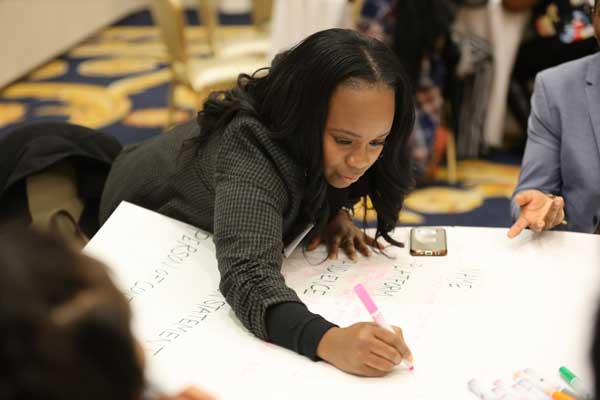Leadership Summit
Launched in 2019, the biennial AnBryce Leadership Summit aims to engage students from across campus on the importance of leadership in context. One must look at the world critically and find places in which one's passions and interests can lead to greater equity, understanding, diversity of thought, and inclusivity. Directors, Maria McKenna and Richard Pierce envisioned a summit that focused on a particular audience and brought them really targeted advice.
The Summit is part of a larger initiative within the program to grow leadership capital and engage AnBryce Scholars in leadership and service activities. After the initial day-long summit, where local leaders from varied professions speak, the students develop proposals for their own workshops for local high school students. Past workshops included: ikigai, negotiation and problem solving, overcoming obstacles and staying focused.
Previous Summit Examples
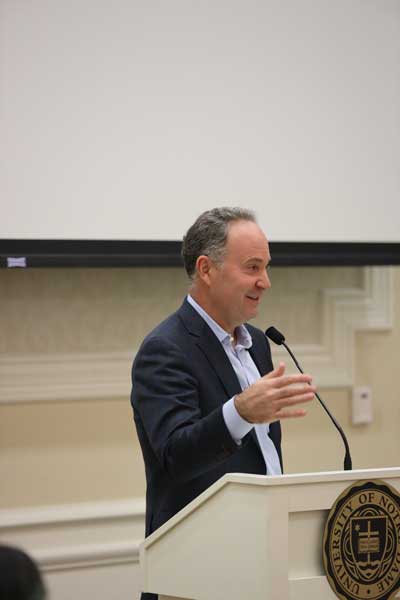
Keynote
"Earn respect through 'taking ownership' mentality."
Rob Little '91, COO and Managing Partner at Golden Gate Capital kicked off our event with a Keynote Address on developing your leadership skills in all of your activities--there are opportunities to gain transferrable skills throughout college and your early employment, regardless of your position.
Key Takeaways:
- Mentorship is CRITICAL.
- If you have minor adjustments in everyday life, good habits compound.
- Write down your goals.
- Ignore the procrastination and move forward.
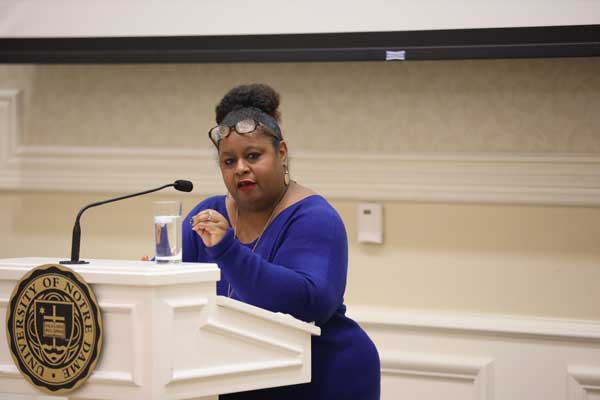
Social and Political Leadership Workshop
Christina Brooks, Fort Worth's Chief Equity Officer and Director of the Diversity & Inclusion Department, spoke to the students about political leadership and the importance of being at the table when decisions are being made.
Key Takeaways:
- Establish your worth in conversations.
- Show that people can come to you with problems.
- Pick your battles.
- If all you have to say is just peripheral/light/non-important, those are the types of problems people will go to you with.
- Understand what’s important to the people of power (money, reputation, etc) and make sure to address those concerns and look at a problem in that viewpoint.
- Phrase things in a language that people understand, such as the financial impact of a decision or its effect on their reputation.
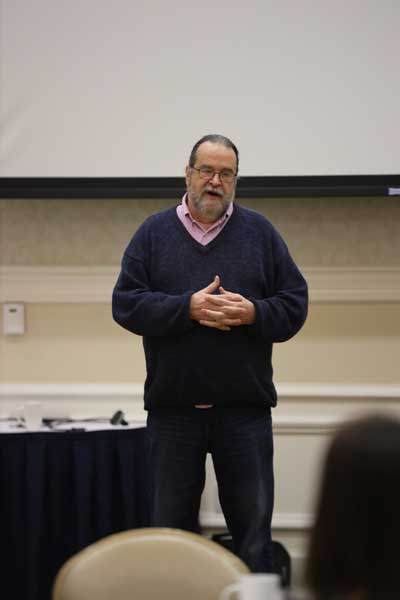
Social and Educational Leadership Workshop
Professor Kevin Dreyer shared his history with social justice movements and his work as a world-recognized lighting director. He empowered his audience to demand equity in academics and their professional lives and seek out ways to make places more equitable. He recommended professors, who not only teach diversity and equity, but also promote it among students and staff. He also discussed ways in which he advocates for those who do not feel represented or included in theater.
Key Takeaways:
- Make appointments with those in power (in big ways and small ways) to talk about your concerns.
- Try to see yourself how others may see you, so that you know how you might come across. Make sure that impression is not what defines you.
- Be active in your activism.
- Understand your particular privilege
- Take periodic assessments of where you are in your life and career and adjust.
- Listen.
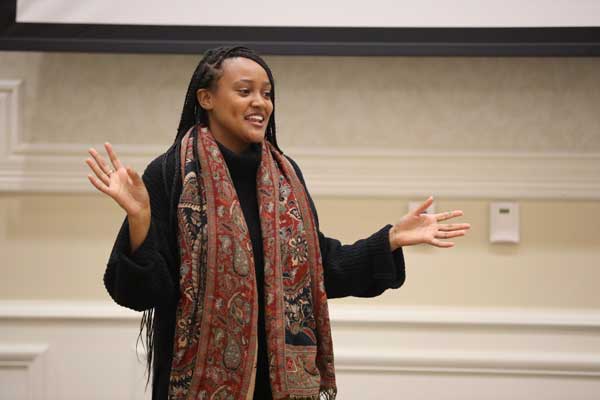
Student and Youth Activism Workshop
Tiana Mudzimurema got her participants moving and thinking about how to create change in 5 different areas: eduction, medicine, arts, political science and environmentalism. Her work in youth activism made her an excellent leader and catalyst for change. At the time, a freshman at Northeastern University, Tiana was younger than many of the students in her workshop, but she quickly got their attention and respect.
Key Takeaways:
- Tap into your own potential.
- Don’t look for outside validation
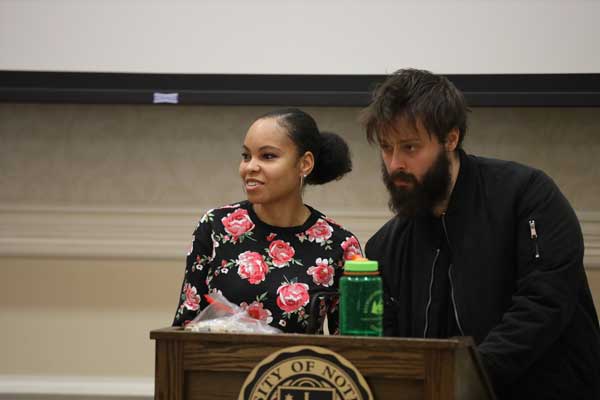
Non-Profit Leadership Workshop
We welcomed Alexandra and Alex Sejdinaj, co-founders of Code Works, South Bend Code School and GiveGrove, to share their experiences developing coding and tech companies in South Bend. They gave a dynamic presentation, which even included Lego. Students grouped themselves into companies that had to develop prototypes of goods. Periodically, they would have to move locations, or take customer feedback into consideration. One team had to start from scratch after finishing their goods. Teams that developed strategies, like storing Lego and building on top of folders that could be moved more easily as a unit, fated better as the changes were announced.
Key Takeaways:
- Do not get discouraged if you encounter obstacles
- Value the problem solvers in your group
- Adapt quickly to changing environments
- Be efficient wherever you can
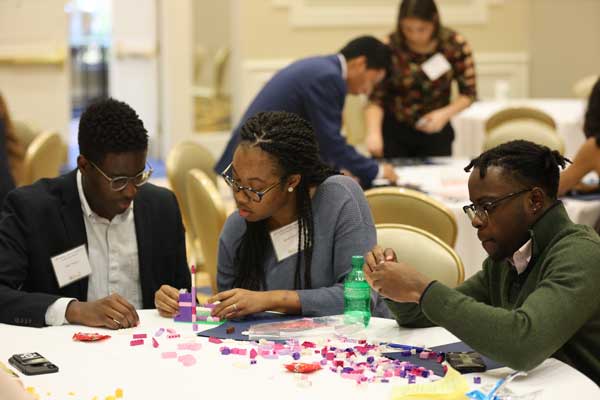
"In this era where it's popular to denigrate youth, this Summit will display how students have and can engage in ways that were previously reserved for older generations. We propose to let the kids lead, and we hope to show them how." Prof. Richard Pierce, Co-Faculty Director, AnBryce Scholars Initiative
